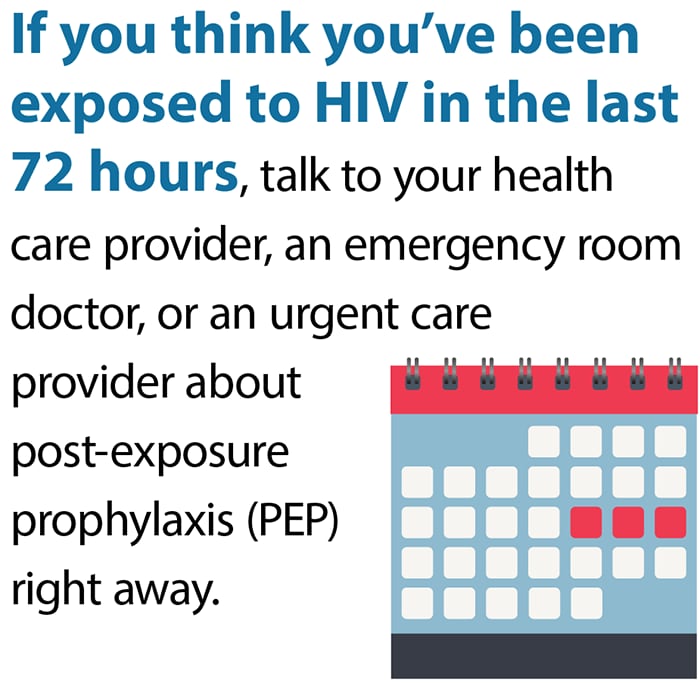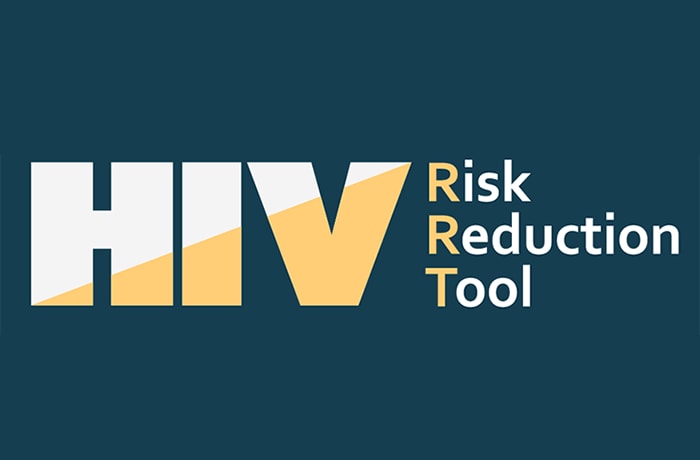Types of HIV Tests

There are three types of HIV tests: antibody tests, antigen/antibody tests, and nucleic acid tests (NAT). Antibodies are produced by your immune system when you’re exposed to viruses like HIV. Antigens are foreign substances that cause your immune system to activate. If you have HIV, an antigen called p24 is produced even before antibodies develop.
HIV tests are typically performed on blood or oral fluid. They may also be performed on urine.
Antibody Test
An antibody test looks for antibodies to HIV in your blood or oral fluid.
- Most rapid tests and the only HIV self-test approved by the U.S. Food and Drug Administration (FDA) are antibody tests.
- In general, antibody tests that use blood from a vein can detect HIV sooner than tests done with blood from a finger stick or with oral fluid.
Antigen/Antibody Test
An antigen/antibody test looks for both HIV antibodies and antigens.
- Antigen/antibody tests are recommended for testing done in labs and are common in the United States. This lab test involves drawing blood from a vein.
- There is also a rapid antigen/antibody test available that is done with blood from a finger stick.
Nucleic Acid Test (NAT)
A NAT looks for the actual virus in the blood.
- With a NAT, the health care provider will draw blood from your vein and send the sample to a lab for testing.
- This test can tell if a person has HIV or how much virus is present in the blood (HIV viral load test).
- A NAT can detect HIV sooner than other types of tests.
- This test should be considered for people who have had a recent exposure or a possible exposure and have early symptoms of HIV and who have tested negative with an antibody or antigen/antibody test.
Talk to your health care provider about what type of HIV test is right for you.
It depends on the type of HIV test and where you get tested.
- HIV self-tests provide results within 20 minutes.
- With a rapid antibody test, usually done with blood from a finger stick or with oral fluid, results are ready in 30 minutes or less.
- The rapid antigen/antibody test, done with blood from a finger stick, takes 30 minutes or less.
- It may take several days to receive your test results with a NAT or antigen/antibody lab test.
No HIV test can detect HIV immediately after infection. That’s because of the window period—the time between HIV exposure and when a test can detect HIV in your body. The window period depends on the type of HIV test. A nucleic acid test can usually detect HIV the soonest (about 10 to 33 days after exposure). Learn more about the window period for each HIV test.
If you think you’ve been exposed to HIV in the last 72 hours, talk to a health care provider, an emergency room doctor, or an urgent care provider about post-exposure prophylaxis (PEP) right away.


